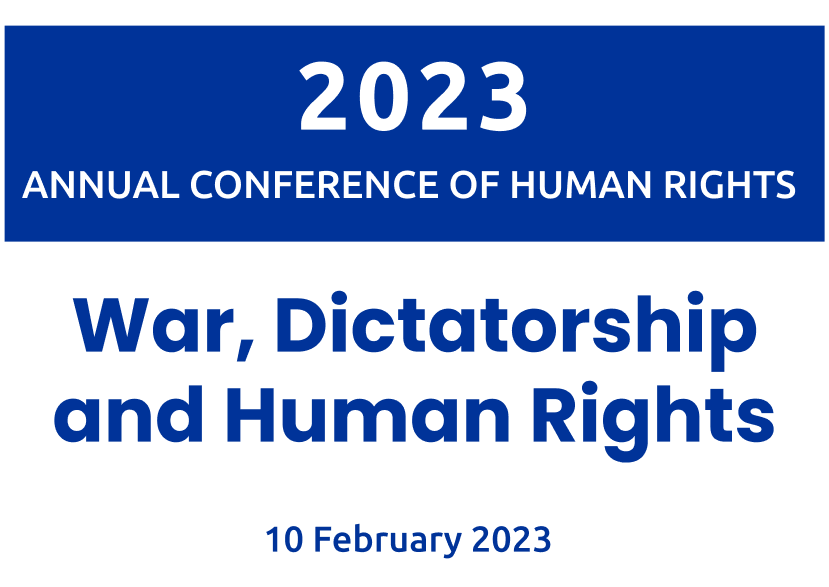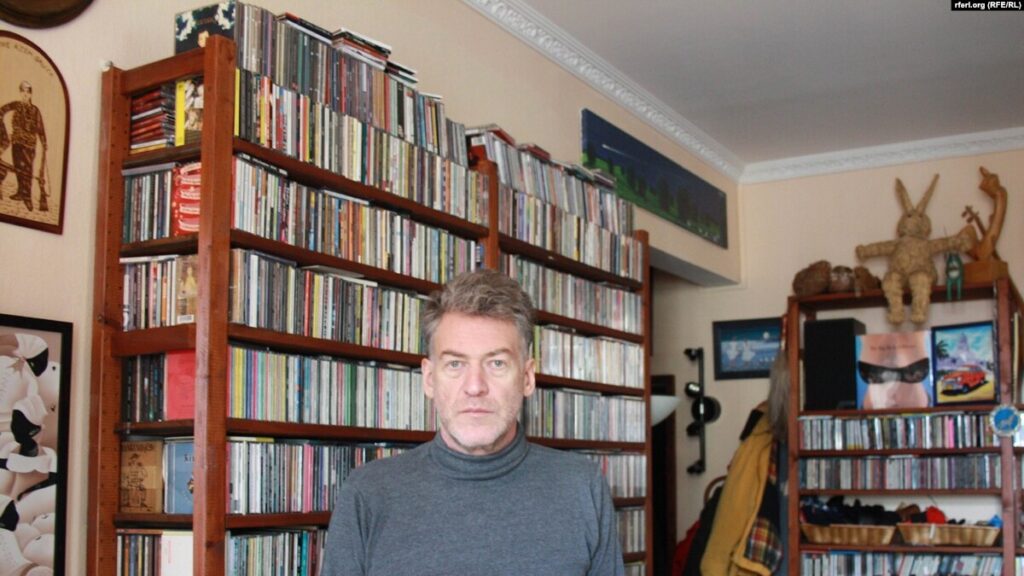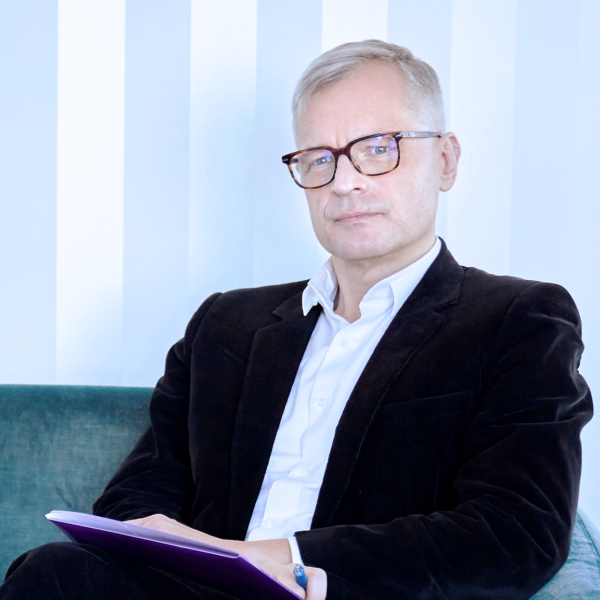
Friday, 10 February 2023 at Swissôtel Tallinn (Tornimae Street, 3) in Tallinn, Estonia.
The Estonian Institute of Human Rights annual conference “War, Dictatorship and Human Rights“.
The Institute considers promotion of research in human rights and raising awareness regarding human rights in Estonia and the world its mission. In relation to this, the Institute has aimed to uncover new facets of human rights at its annual conferences, where value systems are contrary, the cultural background different and the approach to the topic reflects societal developments. Will a human rights debate in the contemporary format facilitate developments in democracy or has human rights rhetoric become the defence reaction of powers who deny it, a justification to limiting freedom of expression and domination of an aggressive minority over the silent majority?
We have to admit to ourselves that the human rights movement is standing at a significant crossroads. Abandonment of democracy is spreading across the globe. In recent years, we have noticed more and more that democracy is on the retreat in many regions of the world and authoritarianism is on the rise. In Western societies, both left- and right-wing populists have used methodical demagogy to incite acute backlash and create an increasingly antagonistic atmosphere.
Nowadays, some countries are employing human rights rhetoric extensively, using it as an aggressive tool to undermine other countries’ security and authority, and to provoke dissatisfaction in those countries. It is claimed that defenders of human rights excessively emphasize moral principles, avoiding actual outcomes. It is a fact that people’s support to democracy and rights depends equally on the ability to provide economic and social protection, but it is achieved only if state security is ensured.
Coffe
Ukrainian Borscht
Смачного! Слава Україні!


The organiser reserves the right to make changes in the schedule and the presenters.
By invitation.
There won't be live broadcasting.
Conference visuals come from Ukraine, Belarus, Russia
Volha Shukaila
She is an independent photojournalist, photo editor, and visual expert from Minsk, Belarus. She worked at TUT.BY Media, the largest independent online media in Belarus, on the 18th of May 2021, TUT.BY was blocked and destroyed by the authorities, and 15 people were arrested, Volha was forced to leave the country for reasons of security. Shukaila's pictures have been published in various Belarusian and foreign media, including TUT.BY, BelaPAN, Le Monde, Der Spiegel and others. Her photos of the Belarusian protests were exhibited at Fotografiska (Tallinn, Estonia), MO Museum (Vilnius, Lithuania), Pilecki Institute (Berlin, Germany), Maison des journalistes (Paris, France) and others.Nadia Buzhan
Photojournalist from Minsk, Belarus. In her work Buzhan deals with the themes of freedom and religion. She is a recipient of World Press Photo 2021. Nadia is currently an independent photographer. During her coverage of the protests in Belarus, she worked for Nasha Niva, the oldest Belarusian newspaper. Her work has been exhibited at Lodz Photo Festival in 2021, Mystetskyi arsenal in Kiev in 2021, Oradea in Romania in 2021, MO Museum in Vilnius in 2021, Fotografiska Tallinn in 2020, Aff Galerie in Berlin in 2016, CECH in Minsk in 2014, Belarus Press Photo in 2015 and TUT.BY gallery in Minsk in 2019.Kaupo Kikkas
He is an Estonian visual artist and photographer whose body of work often contains recurrent themes of nature and music. His portraiture is often described as capturing his subjects with the same melodic and sensitive perspective. His project "What Would You Take?" portrays Ukrainian people and is accompanied by the series of still lives. The exhibition will premier in London in May. Kaupo Kikkas photographs Ukrainians in Estonia, Latvia, Lithuania, Poland, Ukraine and Great Britain.Pussy Riot: Putin's Ashes